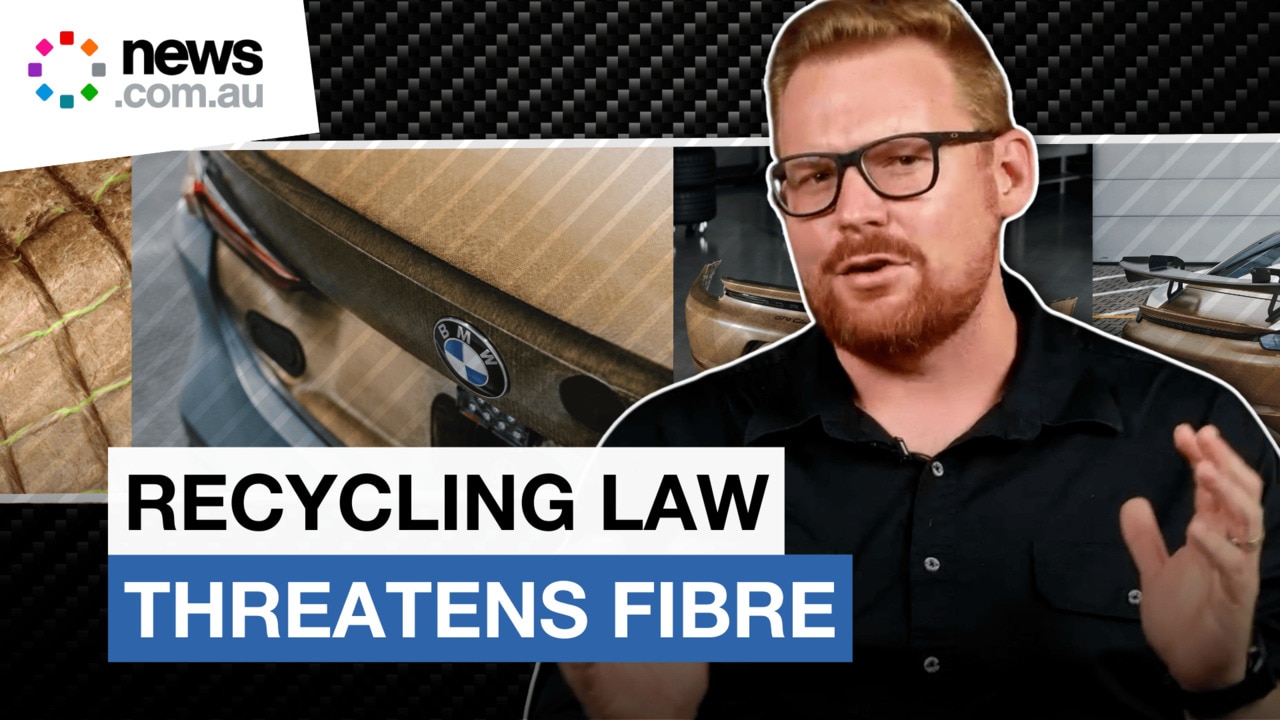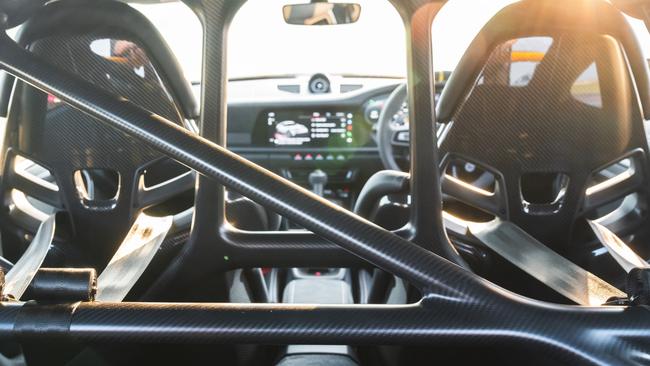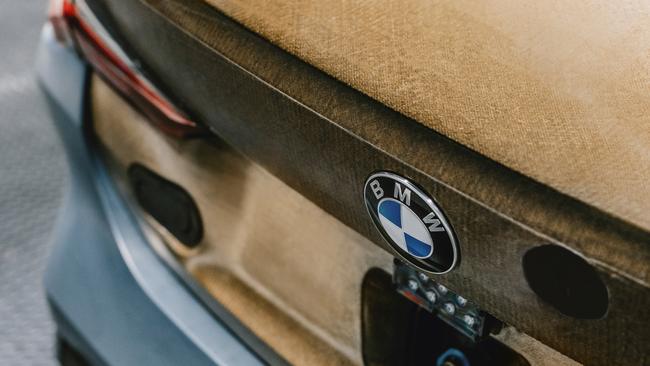‘Like asbestos’: Carbon fibre ban rattles car industry
Massive health concerns have been raised about a common material used in most cars, with experts likening it to asbestos.

A proposal to outlaw the use of carbon fibre in cars on health and safety grounds rocked the car industry this week.
The lightweight material, comprised of thin carbon filaments weaved together and held in resin, has become a staple of the automotive industry as an alternative to traditional matter such as metal and plastic.

MORE: Wild new Lambo arrives in Australia
But there are concerns surrounding how carbon can be broken down and recycled at the end of a car’s life.
A Japanese study published in 2019 found that “generation of carbon fibre dust during the recycling process is a serious issue”. A second study published in Germany in 2019 urged further analysis of the effect of carbon fibre recycling on human health, saying that “in order to predict and manage health risks of the large variety of existing carbon fibre materials, the understanding … must be urgently improved”.
The Asia Nikkei reported that the European Union was set to amend laws surrounding the end of life for vehicles, outlining how cars should be dismantled and recycled.
Draft legislation created this year put carbon fibre on a list alongside hazardous materials such as lead that should be used sparingly in vehicle production, and phased out altogether in the future.

Legislators were concerned that wirelike carbon filaments could cause respiratory problems for people involved in cutting, crushing, and dismantling carbon fibre pieces in years to come.
It presented a similar problem to asbestos, a building material originally praised for its water and fire-resistant properties, that poses a risk to health when disturbed.
Lighter and stronger than alternative material, carbon is used for many different elements in new cars.
It’s easy to spot as decorative trim – often on a car’s spoiler, or in the cabin.
MORE: Dutton’s ‘toothless’ car plan slammed

Some performance cars, such as the BMW M3, offer carbon fibre seats, as they are lighter and stronger than standard seats, offering improved performance as well as aesthetic appeal.
More than a few models, including the Toyota GR Yaris and Corolla, use carbon fibre instead of steel in the roof to help lower a car’s centre of gravity, improving performance.
MORE: Australia’s best-kept motoring secret

Porsche uses it for many elements of the 911 GT3 RS, including the interior’s safety cage and anti-roll bars in the suspension.
A handful of high-end cars, including Chevrolet’s Corvette Z06, the Ferrari 296 GTS, Range Rover Sport and Bentley Continental, offer customers the option of lightweight wheels made from carbon fibre in a bid to improve performance and handling.
MORE: Massive company stops US imports

More exotic machines such as the Lamborghini Revuelto and McLaren 750S have carbon at the core of their chassis, instead of steel or aluminium.
Following initial reports surrounding concerns about how carbon can be recycled, the EU amended its draft legislation to remove carbon from its list of hazardous substances.
Even so, car makers are already looking for sustainable alternatives to the material.
Porsche and BMW have replaced carbon fibre bodywork in some race cars with elements made from plant-based fibre such as hemp and flax.

The sustainable bodywork, found in cars such as the BMW M4 GT4 and Porsche Cayman GT4 RS Clubsport, is made from layers of plant fibre woven together in a similar fashion to a straw basket or jute rug, then suspended in resin and pressed into moulds that create complex shapes.
Expect to see more sustainable alternatives to carbon hit the road in years to come.



To join the conversation, please log in. Don't have an account? Register
Join the conversation, you are commenting as Logout